What should I do if my blood pressure is 150/90mmHg on physical examination? Should I take blood pressure medication?
Hello everyone, I am Dr. Yang! A general practitioner who focuses on blood pressure, blood glucose, lipids, and uric acid management. Let me answer this netizen's question.
Measurement of blood pressure is a mandatory part of the physical examination, whether it is the entry physical examination or the annual general physical examination. Because measuring blood pressure is a prerequisite for detecting high blood pressure, which is now a common and frequent disease. Among the adults in China, there is one high blood pressure in every five people. Physical examination found that the phenomenon of elevated blood pressure is also more and more.
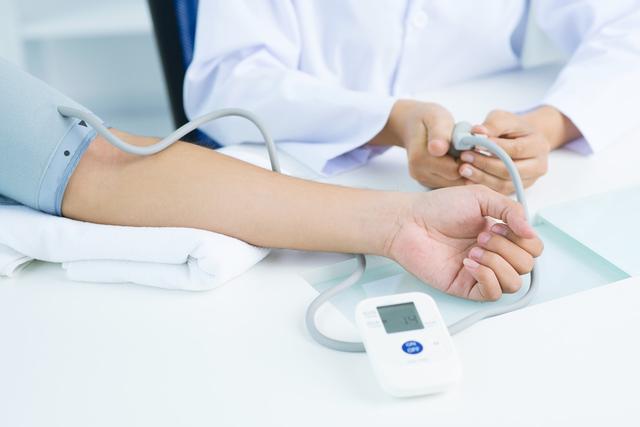
What should I do if my blood pressure is 150/90mmHg on physical examination? Should I take blood pressure medication?
First of all, this blood pressure is really high. A normal person's blood pressure should be below 140/90mmHg, and the ideal blood pressure is 120/80mmHg. However, usually a high blood pressure measurement does not confirm the diagnosis of high blood pressure unless the blood pressure is particularly high (≥180/110mmHg) because there are many reasons that may cause high blood pressure, such as not having enough rest before the measurement of blood pressure, being overly nervous during the measurement of blood pressure, and not sitting upright, etc. etc. Therefore, we cannot diagnose hypertension on the basis of a single high blood pressure measurement, as this may lead to misdiagnosis of hypertension.
But it does not mean that nothing is left alone, once we find that the blood pressure is elevated, we need to cause importance. The next step is to clarify whether there is high blood pressure or not. Every day thereafter, you have to measure your own blood pressure at home or go to the hospital. If non-same day measurement of blood pressure 3 times or more blood pressure are ≥ 140/90mmHg, then, at this point, we can diagnose hypertension.
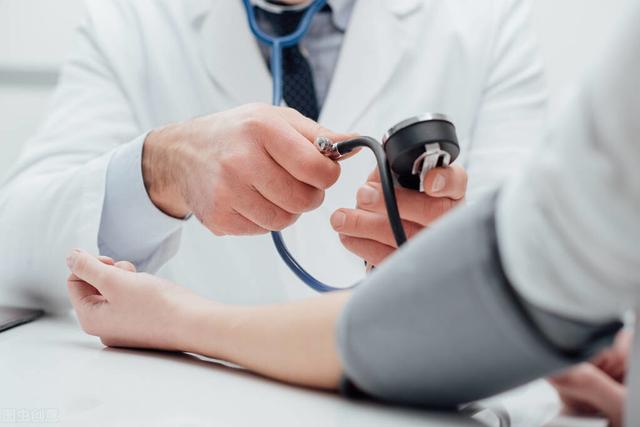
However, there is no generalization as to whether or not one must take antihypertensive medication immediately after a diagnosis of hypertension. If it is grade 1 hypertension (140-159/90-99mmHg) and the risk of future cardiovascular disease is low or intermediate risk (e.g., no smoking, normal weight, no family history of cardiovascular disease, normal weight, no diabetes, no cardiovascular disease, etc.), then one can temporarily improve the blood pressure through a healthy lifestyle. However, if 3 months after the healthy lifestyle, the blood pressure is still not up to the standard, then antihypertensive drugs need to be added on top of the healthy lifestyle. However, if the cardiovascular risk is assessed to be in the high or very high risk category, then antihypertensive medication should be taken as soon as the diagnosis of hypertension is made, coupled with a healthy lifestyle.
A healthy lifestyle includes a low-salt, low-fat diet, moderate exercise, weight control, smoking cessation, limiting alcohol consumption, a regular work schedule, adequate sleep, and a stable, relaxed mood.
Therefore, in general, the physical examination found that elevated blood pressure is not necessarily hypertension, but to pay attention to, through the correct, multiple measurements of blood pressure to clarify whether there is high blood pressure, and then under the guidance of the doctor, the comprehensive personal situation to decide whether the blood pressure to take blood pressure-lowering drugs.

Well, today will say so much, if you think it can be said on a point of praise it ~ have questions can be concerned about me to get more related health knowledge, thank you for reading!
Blood pressure of 150/90, according to the diagnostic criteria of hypertension, already belongs to the category of hypertension, as to whether it is necessary to take antihypertensive drugs, it depends on the patient's specific situation.
For hypertensive patients, antihypertensive treatment is not the ultimate goal; the ultimate goal of antihypertensive treatment is to reduce the damage of hypertension to vital organs such as kidneys, heart and blood vessels, and to prevent and control the occurrence of serious complications such as heart attack and cerebral infarction. Therefore, hypertension should first be graded according to the blood pressure level, which is categorized into Grade I, Grade II and Grade III, and then according to the blood pressure grading and other cardiovascular disease risk factors, cardiovascular risk stratification is carried out, which is categorized into low-risk, intermediate-risk, high-risk and very high-risk. Low-risk and intermediate-risk patients can first carry out lifestyle interventions without taking medication, while high-risk and very high-risk patients should start antihypertensive medication in a timely manner.
Therefore, a blood pressure of 150/90 is classified as Grade 1 hypertension according to the hypertension classification criteria. Whether or not medication is needed depends on gender, age, smoking history, blood glucose, blood lipids, family history of early-onset cardiovascular disease, obesity, homocysteine levels, and whether or not left ventricular hypertrophy, carotid artery stenosis, kidneys, and other target-organ damage is present to assess the patient's risk of cardiovascular disease. Therefore, the higher the blood pressure level, the greater the risk of cardiovascular disease, but a slightly higher blood pressure level is not to be taken lightly, after the combination of the above risk factors and target organ damage assessment, it may also be a high-risk or even very high-risk patients of cardiovascular disease, need to improve the lifestyle based on the basis of the immediate initiation of antihypertensive drug treatment.
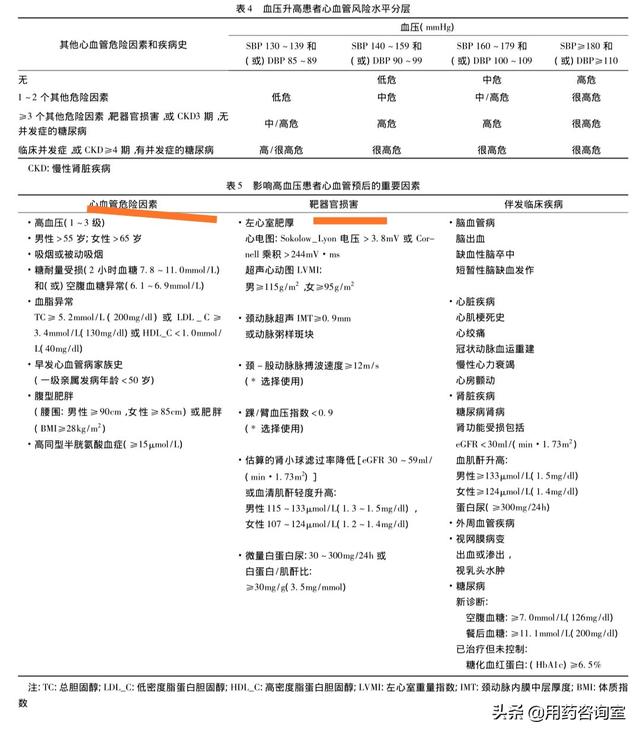
Do I need to take medication if my blood pressure is 150/90mmHg on physical examination? If you have suffered from hypertension before, you should continue to take blood pressure lowering drugs, and if you have no previous history of hypertension, you should first clarify whether hypertension really exists, because a single discovery of high blood pressure is not able to diagnose hypertension, and the current diagnosis of hypertension is based on the criterion of systolic blood pressure ≥140mmHg and/or diastolic blood pressure ≥90mmHg measured three times in the non-same day, without the use of antihypertensive drugs. 90mmHg.
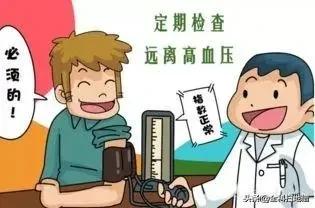
Since blood pressure is easily affected by many factors, we should rest quietly for at least ten minutes, avoid drinking tea and coffee, avoid smoking, and also pay attention to the emptying of urine and feces before taking blood pressure measurement. When we measure blood pressure, we should take the average value after two measurements, if the difference between the two blood pressures is more than 5mmHg, we should take the average value after the third measurement, and we need to measure three times on non-same day, if the blood pressure reaches the diagnostic standard of hypertension, then we can diagnose it as high blood pressure.
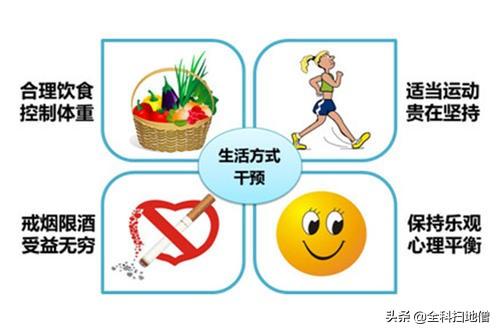
If you are diagnosed with high blood pressure, you should actively seek medical treatment and follow the guidance of professional doctors. You should pay attention to improving your life style, achieve a low-salt diet, with a daily sodium intake of less than 6g, strictly quit smoking, limit alcohol consumption, take proper exercise, control your weight, as well as regular work and rest and maintain a good state of mind. For a blood pressure level of 150/90mmHg, is it necessary to use blood pressure lowering? It is recommended to assess the high risk factors and target organs, if the grouping is high risk and above, then the use of blood pressure lowering drugs is required immediately, while if people grouped in low risk or intermediate risk, they can first carry out simple lifestyle intervention for 1 to 3 months, if the blood pressure level can be controlled within the target range, then the lifestyle intervention can be continued, while if the blood pressure control is not up to the standard, then the use of blood pressure lowering drugs must be started.
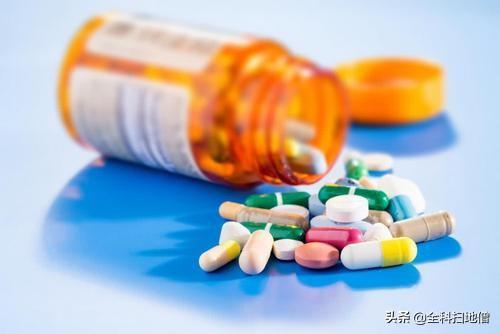
The use of antihypertensive medication in hypertensive patients is recommended to prefer long acting agents for long term smooth control of blood pressure levels and reduction of complications. If our blood pressure level exceeds 160/100mmHg or systolic blood pressure exceeds the target value by more than 20mmHg or diastolic blood pressure exceeds the target value by more than 10mmHg or grouped in a high risk and above, a combination of drugs is recommended. While we are using antihypertensive medications, we should pay attention to monitoring the changes in blood pressure levels and regular reviews, and make adjustments under the guidance of the doctor according to the control of blood pressure levels.
I hope this article can help you, if you have any questions, welcome to leave a message at the end of the article and discuss together.
This article was originally written by General Practice Sweeper.
Follow @GeneralPracticeSweeper for more health information.
[Professional doctor to answer your questions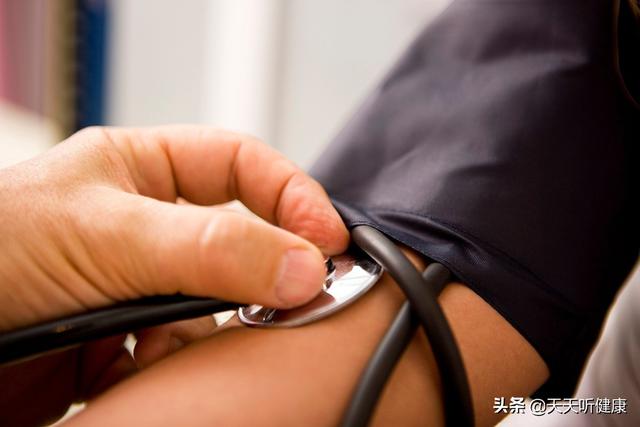
Whether or not to take antihypertensive drugs when the blood pressure is found to be elevated depends not only on the level of blood pressure, but also to clarify the causes of hypertension, and most importantly, to see whether or not vascular pathology caused by hypertension has occurred, and to synthesize all the various factors in order to formulate a reasonable antihypertensive program, which, of course, also includes the need to take antihypertensive drugs.
First of all, hypertension is clinically categorized into three levels: 140-159/90-99mmHg is Grade 1 hypertension; 160-179/100-109mmHg is Grade 2 hypertension; and 180/110mmHg or above is Grade 3 hypertension. If the blood pressure is above grade 2 hypertension, antihypertensive drugs should be taken, firstly, such blood pressure has the risk of triggering cerebral hemorrhage, and secondly, it is difficult to control such blood pressure to the normal range without the help of medication; as for whether grade 1 hypertension should be treated with medication or not, we have to consider other aspects of the body's factors.
Secondly, we should find out the factors that trigger the occurrence of high blood pressure, such as obesity caused by weight loss is the most effective pressure control measures; such as long-term fatigue caused by excessive, improve the work and rest rational arrangement of work and life, the blood pressure will also have a significant decline; such as diabetic people have elevated blood pressure, then the need for antihypertensive drugs in order to control the blood pressure to the required goal of 130/80mmHg below, etc., especially for people with Grade 1 hypertension should correspond to the measures. People with high blood pressure should take measures, but if there are factors that cannot be changed, such as the presence of diabetes mellitus, then the timely use of antihypertensive drugs will have a greater benefit.
Third, to know whether high blood pressure caused by organ disease, such as the occurrence of coronary heart disease, cerebral infarction, kidney damage, etc., must take antihypertensive drugs without negotiation, at this time not only to lower the blood pressure to the problem, but also related to the organ disease can be effectively controlled, which is precisely the biggest danger of high blood pressure.
As for the physical examination of blood pressure 150/90mmHg, still belongs to the first level of hypertension, can be based on the above three aspects of the analysis to develop a treatment program, but to know is: as soon as possible to control the blood pressure up to the standard is the hard truth, especially the younger the more attention to the younger, the more timely measures to take effective control, the earlier the control of up to the standard of the benefit will be greater.
I hope this answer can help you, welcome to click on the attention and leave a message, together to learn and exchange more health knowledge.
A friend asked: medical examination blood pressure high pressure 150, low pressure 90, is it considered very serious? What should I do next?
Such as by non-same day three measurements of blood pressure are so, can be diagnosed as high blood pressure, the need for lifestyle intervention treatment for 1-3 months, if still can not fall to the normal level should take antihypertensive drug treatment, then such high blood pressure is considered very serious?
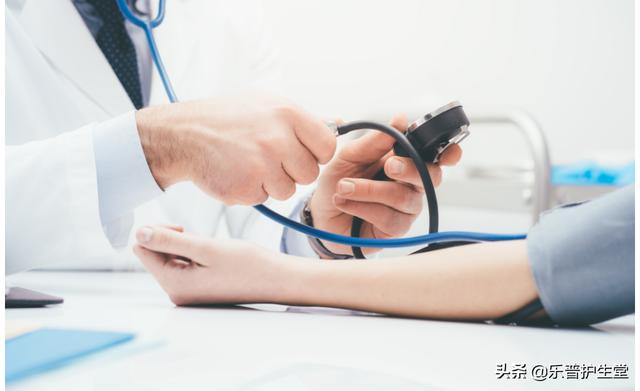
Before we talk about this issue, let's look at this first. It is difficult to payday, you are calculating that you can finally add something to the family, but at this time but received a friend's notice, the child to get married, which can not be less humane, the gift money to be ready; let a person upset, so such a notice received several in a row, counting on the use of a large part of the salary that has just come to hand, encountered this kind of thing you will not want to cry without tears?
In fact, hypertension is similar to this, hypertension is the biggest danger is not how high the blood pressure, but the damage of hypertension on blood vessels, it can damage the endothelial cells of the blood vessels, to the deposition of fat to create the conditions, and then cause a series of inflammatory reactions, leading to atherosclerosis and plaque formation, the lesion of the blood vessels or clogging of the blood vessels or the occurrence of rupture and bleeding, and ultimately triggered can be fatal cardio-cerebral vascular disease.
Therefore, the Chinese Guidelines for the Prevention and Control of Hypertension grades a person's blood pressure on the basis of the grading criteria:
Grade 1 hypertension: systolic (high) blood pressure 140 to 159 mmHg and/or diastolic blood pressure 90 to 99 mmHg.
Grade 2 hypertension: systolic (high) blood pressure 160 to 179 mmHg and/or diastolic blood pressure 100 to 110 mmhg.
Grade 3 hypertension: systolic (high) blood pressure of 180 mmHg or more and/or diastolic blood pressure higher than 110 mmhg or more.
Theoretically, the higher the blood pressure, the greater the harm, but can cause vascular damage to a lot of factors, not only high blood pressure, such as diabetes, high blood sugar, like blood vessels soaked in sugar water will be eroded; such as smoking in the nicotine, it is also very big damage to the blood vessels; such as excessive drinking, alcohol metabolites acetaldehyde is a vascular stimulant, the long-term existence of blood vessels have a great deal of damage; such as long-term stay up all night For example, long-term late night, disrupting the normal physiological rhythm, should be resting at night but can not rest and "overwork death"; for example, age, the function of the blood vessels themselves in the degradation, if encountered with high blood pressure is tantamount to adding insult to injury, and so on.
If only from the blood pressure 150/90mmHg this value, still belongs to the lowest level of the first level of hypertension, than the higher level of hypertension is less serious, but if a smoker, and often drink alcohol, and diabetes, then the harm caused by such a blood pressure has been quite large, because diabetic blood pressure requirements to be controlled in the 130/80mmHg below.
In summary, the severity of hypertension is not only reflected in the level of blood pressure, but should be combined with the systemic condition to do a comprehensive assessment, if there has been organ damage occurs, it is imperative that the blood pressure is lowered to the target range as soon as possible, even if there is no organ damage, the blood pressure will be lowered in order to effectively avoid the occurrence of serious consequences, therefore, when high blood pressure occurs, no matter how high it is, the most important is to bring the blood pressure down, and at the same time on the All other factors that can cause lesions are intervened in the treatment.
Disclaimer: This article is only for the public to obtain knowledge of health, can not be used for self-diagnosis of the condition, the above information is for reference only, the specific diagnosis and treatment, please go to the hospital to consult a doctor.
For more health information and free consultation, please follow the public number "Beijing Nursing Life Pharmacy" on WeChat~.
This question and answer are from the site users, does not represent the position of the site, such as infringement, please contact the administrator to delete.